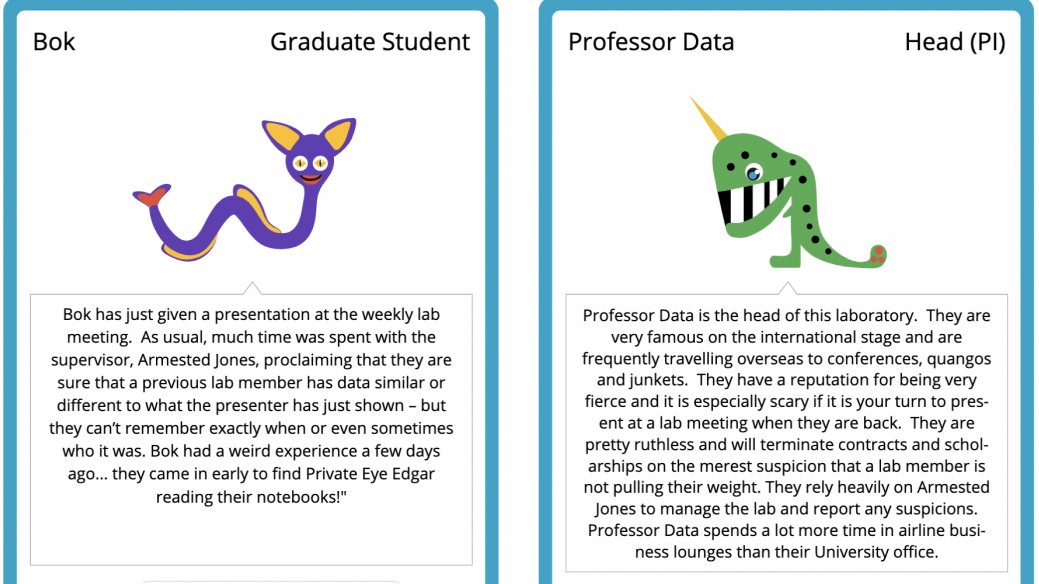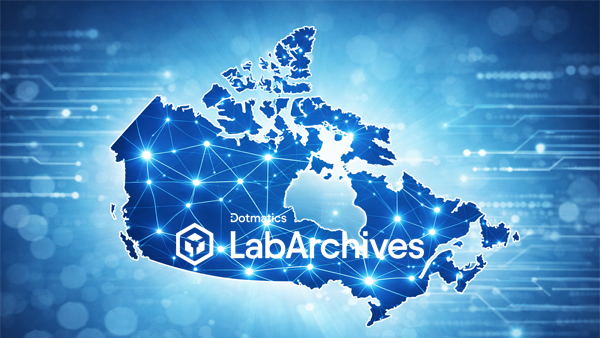Authenticity is one of many buzzwords in the education space and it relates to one very important question which is, “What’s the point?”
While it can be tongue in cheek, this question is worth asking early and often when it comes to designing authentic courses that prepare students for the real world.
So what’s the point of using an electronic lab notebook (ELN) with your students? It’s an authentic tool, the industry standard when it comes to properly documenting research. And yes, students who leave your course knowing how to use an ELN have a leg up. But do they understand what the point of using an ELN is? Or what the point of research data management is in the first place?
One simple, ice breaking exercise makes it abundantly clear.
Enter, Gareth Denyer, Professor of Biochemical Education at The University of Sydney. He designed a lab exercise with exactly this in mind. The engagement with this exercise, he says, has been the best he’s seen in almost 33 years of teaching. It’s fun, easy to run and available for you to use in Lab Builder our course content library.
This activity, Gareth said, is all about showing students how ethics, scientific integrity and the human element come into play in the lab. Here’s how it works:
- Part 1: Students investigate why research data management is important by looking at Retraction Watch and investigating their own institution’s definition of research misconduct (optional)
- Part 2: Student apply the above learning to some “very scary” simulated data management scenarios using a stack of digital trading cards (see below). Each student gets their own card and speaks from their character’s point of view in the lab. Students work through the different issues together
- Part 3: Students provide a written analysis of the scenarios they encountered and provide solutions for each as if they were a data management consultant.
This activity can be used with both online and in-person courses (great for COVID-19 times) and is an excellent way to introduce students to one another and to the ‘point’ of research data management.
“By the end of this activity students know more about WHY we do data management and use tools like ELNs than many researchers I’ve met do,” Gareth said. “They understand the consequences that occur when it is done poorly and the opportunities that blossom when it is done well after just an hour of chatting through these scenarios.” The exercise includes 26 characters and scenarios but more can be added.
One piece of student feedback Gareth has received sums the exercise up well: “I’ve used LabArchives ELN in other subjects but I had no idea why I was using it until now. I understand why you would keep your data this way and why you’d want to weave a narrative around it.”
To access this free experiment and hundreds of others sign up for a free LabArchives account!





